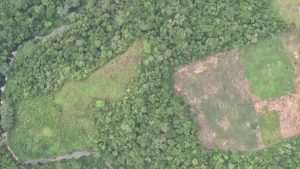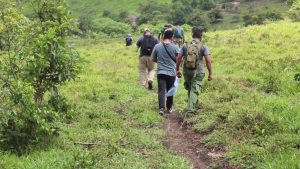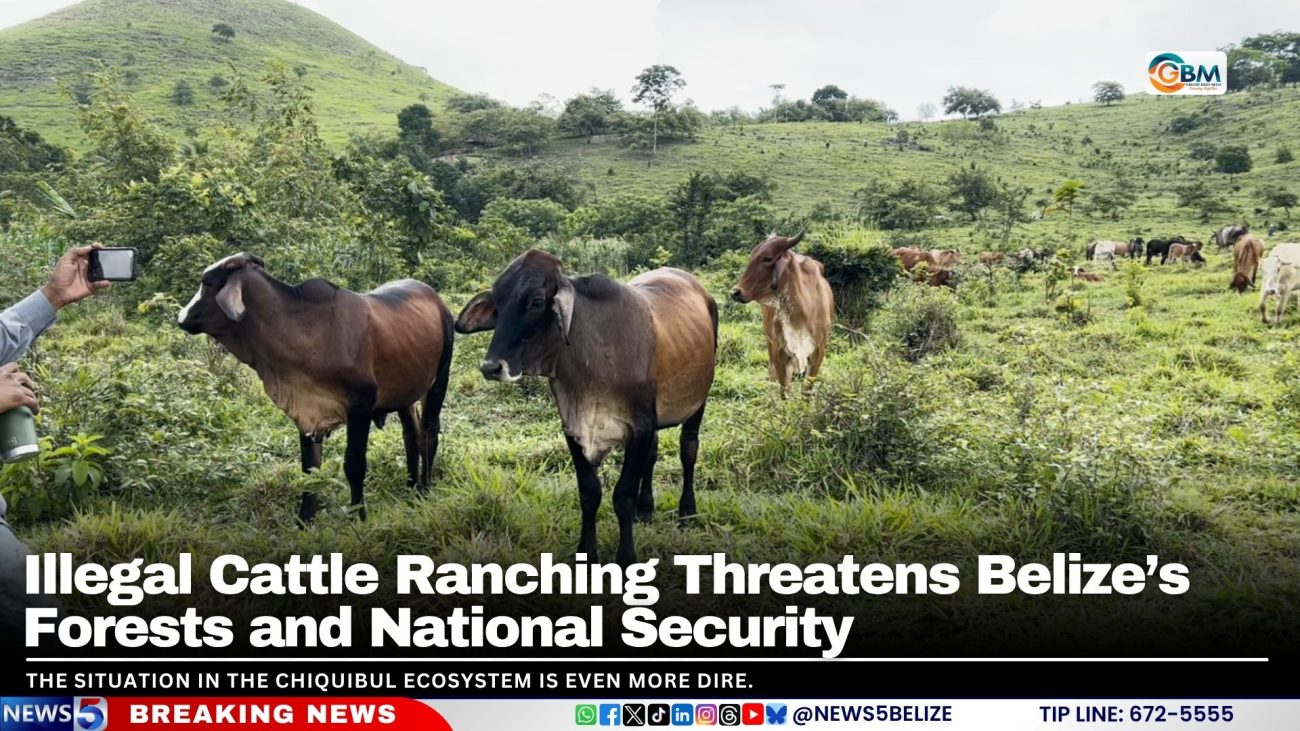Illegal Cattle Ranching Threatens Belize’s Forests and National Security
Belize’s western forests are under serious threat from illegal cattle ranching, which is rapidly expanding into protected areas such as the Vaca Forest Reserve and the Chiquibul ecosystem. A new report from Friends for Conservation and Development (FCD) paints a grim picture of the environmental damage and growing security concerns tied to what some are now calling “narco-cattle ranching”.
According to the report, over 3,500 acres of forest in Vaca and Chiquibul have already been cleared, largely due to cross-border incursions by Guatemalan ranchers. Rafael Manzanero, Executive Director of FCD, explained that the Vaca Forest Reserve alone has seen approximately 1,700 acres used for cattle grazing.
“Although we have been collecting and doing monitoring and enforcement along with the Defence Force and the police in areas like Caballo, Valentin, Rio Blanco, and Cebada, which are right along the border, the study that was done, the research concluded last year, 2024, the research shows that the Vaca Forest Reserve, which is seventeen kilometres with Guatemalans, has approximately one thousand seven hundred acres being used by cattle ranchers,” Manzanero said.
The situation in the Chiquibul ecosystem is even more dire. “There are approximately one thousand nine hundred acres that we consider to be pasturelands used for cattle ranching. These are purely Guatemalans,” said Manzanero. “Cattle ranching has not been halted. It is crossing the adjacency zone of one kilometre. Valentine in the Caracol area is really one which is targeted, south of the Caballo conservation post. Then we see the guys north of Rio Blanco.”
Much of the illegal ranching activity in Rio Blanco is reportedly controlled by a Guatemalan family known as “The Jimenez”, who have been steadily pushing deeper into Belizean territory. Despite ongoing joint patrols between the Belize Defence Force (BDF) and FCD rangers, including efforts to cut fences and remove posts, the ranchers often return and rebuild.

Illegal Cattle Ranching Threatens Belize’s Forests and National Security
“There have been operations along with rangers and the BDF primarily along the area to cut the fences and remove the posts,” said Manzanero. “That has happened, and I have to thank the BDF. Over the more recent months, there has been a much more kind of robust programme to do that. But there’s so much in terms of fields out there and fences. Some are so that Guatemalans, after two months, will return back and put back in a fence.”
He added that the work is difficult and resource-intensive. “We still have not been that decisive in putting in the interventions. It has to be a multi-pronged approach. It is rugged terrain. It is difficult to reach; it’s difficult to be out in that zone, but that’s what it’s going to take if we really want to deal with this.”
The environmental impact is alarming. Native forests are being destroyed and replaced with non-native grasses for pasture, disrupting ecosystems and pushing out wildlife. But the issue extends beyond environmental concerns. Manzanero warns that there may be links to organised crime.
“The study also is able to highlight that there could be a nexus within the drug cartels also,” he said. “We don’t have the pure research data that can show that because we are not into that kind of field. But only looking at what Guatemalans are seeing in their areas, like Laguna Tigre. Laguna Tigre still has thirty thousand heads of cattle right now, and that’s within the Maya Biosphere Reserve. There, yes, it’s directly connected with drug lords.”
To confront the growing threat, FCD is calling for stronger patrols, modern surveillance, tighter cattle tracking, and enhanced diplomatic cooperation with Guatemala. But achieving this will require increased funding, more boots on the ground, and better equipment for security forces.

Illegal Cattle Ranching Threatens Belize’s Forests and National Security
Minister of Defence and Border Security Oscar Mira recently told reporters that steps are being taken to address the issue. “The Prime Minister has also been very gracious in allowing us to access more funds to ensure that we buy the equipment and that we have the training that the BDF and the Coast Guard deserve to do their work,” Mira said.
The report also recommends more research and targeted policies to address the long-term ecological and socio-economic impacts of illegal cattle ranching. As the forests of western Belize continue to shrink, the question now is whether the country can marshal the will and resources to defend its natural and national security.






Facebook Comments